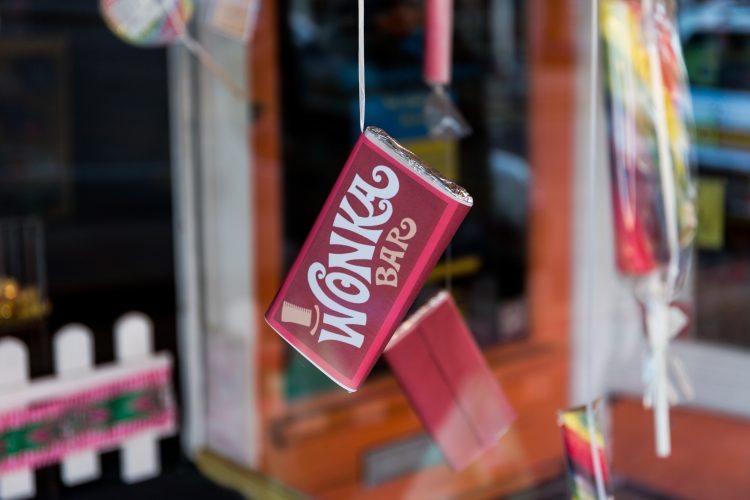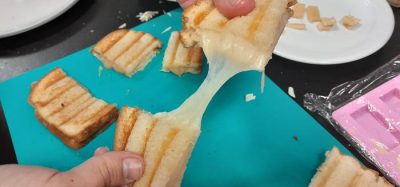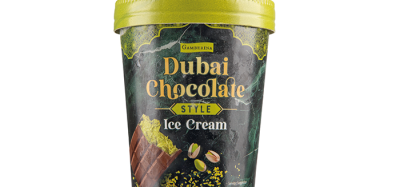FSA urges consumers not to buy fake Wonka and Prime bars
- Like
- Digg
- Del
- Tumblr
- VKontakte
- Buffer
- Love This
- Odnoklassniki
- Meneame
- Blogger
- Amazon
- Yahoo Mail
- Gmail
- AOL
- Newsvine
- HackerNews
- Evernote
- MySpace
- Mail.ru
- Viadeo
- Line
- Comments
- Yummly
- SMS
- Viber
- Telegram
- Subscribe
- Skype
- Facebook Messenger
- Kakao
- LiveJournal
- Yammer
- Edgar
- Fintel
- Mix
- Instapaper
- Copy Link
Posted: 5 December 2023 | Grace Galler | No comments yet
Members of the public have been warned by the FSA to not buy or eat fake Wonka or Prime chocolate bars as they are potentially “unsafe to eat”.


The Food Standards Agency (FSA) has released a warning to consumers, stating that members of the public should not buy or eat fake ‘Wonka Bars’ or ‘Prime’ chocolate bars due to food safety concerns.
The regulator says it has received reports of “fake branded chocolate” on sale, products that the FSA has said may have been “made or repackaged by unregistered businesses or by criminals who will not be following hygiene, labelling and traceability laws”.
Speaking on the matter, Tina Potter, Head of Incidents at the FSA, stated: “With Christmas coming up, don’t waste your money on fake branded chocolate for your children, friends or family – you won’t be getting what you think you are paying for and you don’t know what is in them. There could be a food safety risk, especially for those with food intolerances or allergies.
“We know there is a problem with potentially unsafe fake chocolate bars such as Wonka and Prime bars and we’re working with Trading Standards to protect consumers.”
Potter went on to urge consumers “please do not buy or eat these bars and if you think you’ve bought a fake chocolate bar, or if you see something that does not seem right when you are shopping, report it to your Local Authority”.
The FSA’s warnings have come following an incident linked to unsafe chocolate sold in a market in Nottinghamshire.
In 2022, numerous fake Wonka Bars were taken off shelves following being found to contain allergens that were not disclosed on the label. This posed a food safety threat to those living with food hypersensitivity.
The FSA has stated that letters have been sent to local authorities responsible for investigating and enforcing food law, advising them to be “extra vigilant” and instructing them to remove any fake products from sale where there is a known or suspected public health risk.
To read advice from the FSA on how to avoid buying counterfeit chocolate click this link.
Related topics
Food Fraud, Food Safety, Quality analysis & quality control (QA/QC), Regulation & Legislation, retail, The consumer, Trade & Economy








